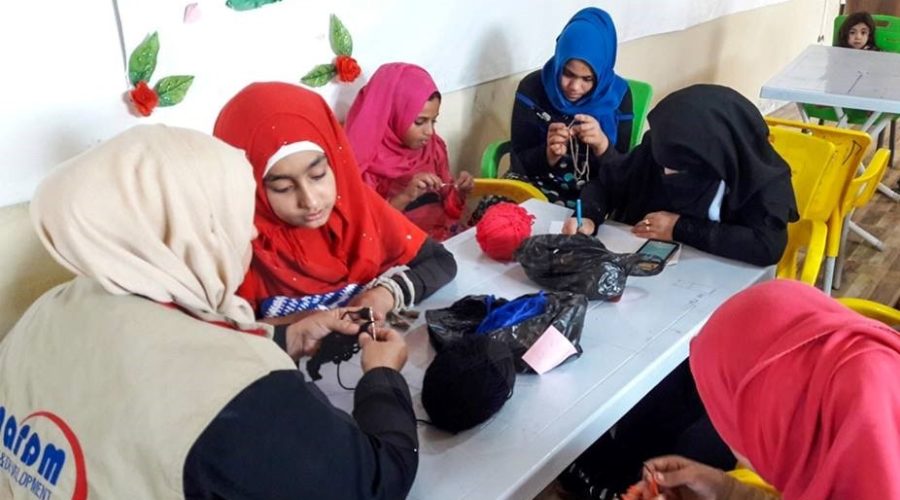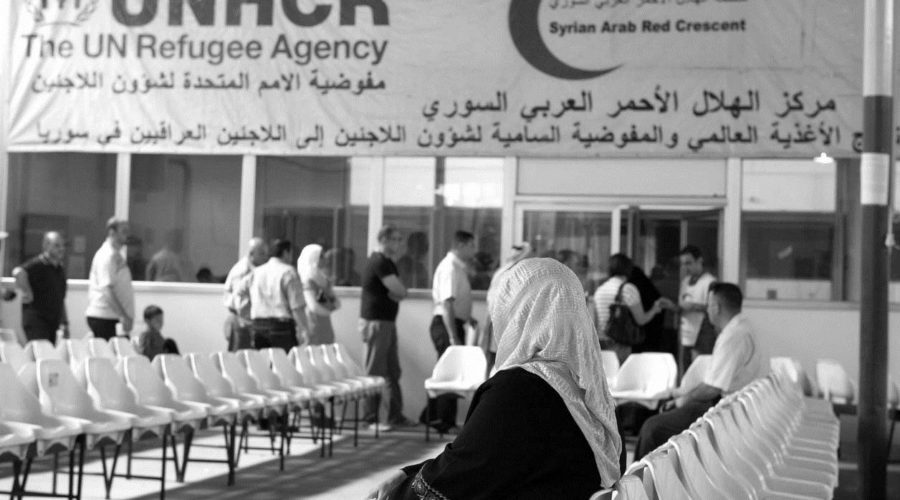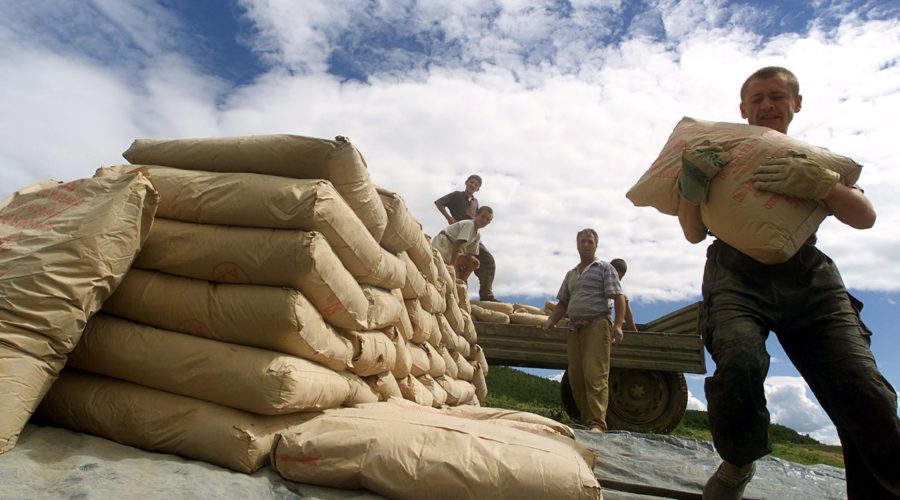Localisation, particularly the engagement of local actors in decision-making bodies, has consistently been mentioned as a challenge for Humanitarian Coordinators (HCs) and Humanitarian Country Teams (HCTs) in many Peer 2 Peer missions. A Local 2 Global Protection report showed that in 2014, Syrian NGOs received 0,3% of direct funding and 9.3% of indirect funding, while delivering 75% of humanitarian assistance for the overall Syria response. In the past years, localisation has benefited from a momentum in the Syrian cross-border operation to Northern Syria from Gaziantep, with for example the creation of National NGOs networks represented in the decision-making bodies and a Humanitarian Pooled Fund that dedicated around 40% of its funds to National NGOs.
The Peer 2 Peer Project organised a learning mission to Gaziantep in July 2017 to look at how the humanitarian leadership of the cross-border operation to northern Syria had prioritised a localisation agenda, and had put a significant effort into making sure national/local NGOs were strategically and operationally integrated in the humanitarian response. The mission was carried out on the invitation of the Deputy Regional Humanitarian Coordinator (Dep. RHC) for the Whole of Syria operation with the International Federation of the Red Cross (IFRC), who is the co-chair of the Grand Bargain Workstream on Localisation.
The results
The Peer 2 Peer Project produced a five-page accessible case study in the form of a ‘Support Note on Localisation‘ for HCs and HCTs, illustrating the steps that the humanitarian leadership took, in Gaziantep, to strengthen the integration of national and local NGOs in the cross-border response in a principled manner. Two webinars presenting this approach have also been produced: in September 2017 with the Deputy Regional Humanitarian Coordinator for the Syria Crisis, and in November 2018 with the Chief Executive Officer of Syrian NGO with representation in the Gaziantep humanitarian decision-making body.
Some key steps of this approach for field leaders are:
- Include national/local NGOs in the Humanitarian Country Team (or equivalent leadership body) and ensure their representation is based on a transparent and inclusive election process led by the national/local NGO constituency
- Recruit dedicated, local language speaker human resources within UN Agencies and international NGOs to support partnership approaches and localisation processes
- Coordinate training between organisations and clusters through a common platform to minimise duplication and gaps
- Use country based pool funds as a possible inception source of funding
- Encourage and incentivise cluster participation for national NGOs, through establishing national NGO co-coordinators and holding meetings in the local language, with simultaneous translation technology.
Find more practical steps on the P2P Localisation Support Note.





